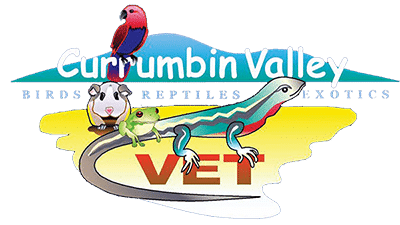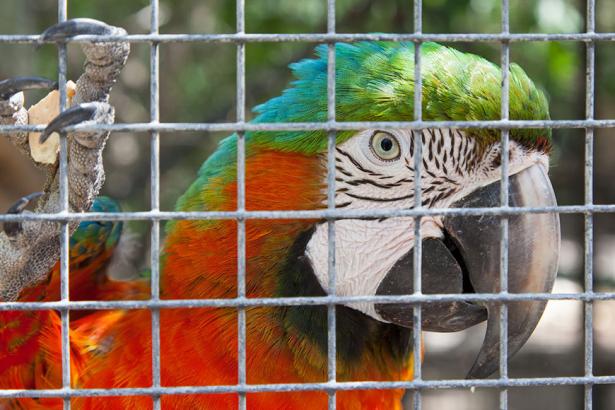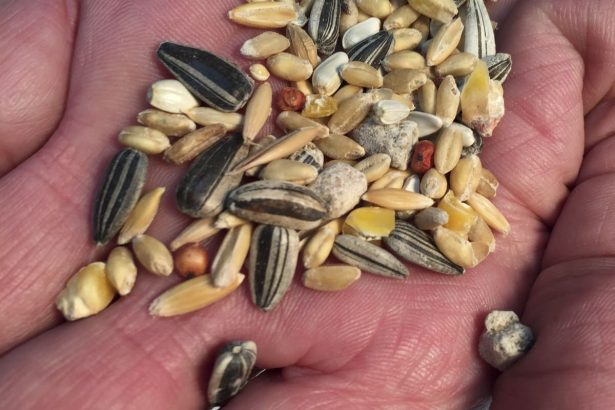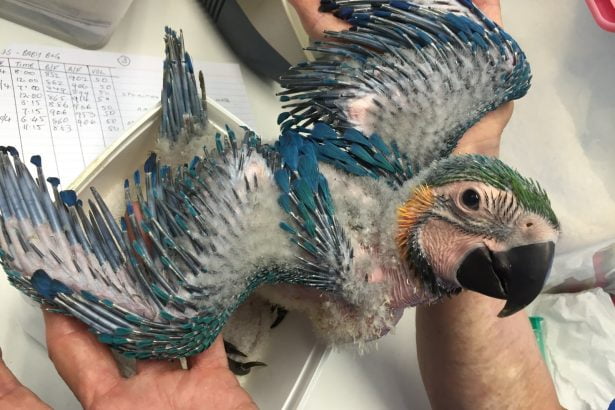Exotic pets are increasingly popular in Australian households, offering a chance to engage with species not typically seen in domestic settings. While they can be rewarding to care for, their ownership also raises important questions about conservation, sustainability, and ethical responsibility.
As vets, we not only focus on your pet’s health and wellbeing, but also their place in the broader ecosystem. In this article, we explore the key conservation and ethical concerns surrounding the ownership of exotic animals, and what responsible exotic pet guardians need to know.
What Do We Mean by “Exotic Pets”?
“Exotic” generally refers to animals that are not traditionally domesticated, such as reptiles, amphibians, birds, and small mammals like guinea pigs and rats. These species often require specialised care and husbandry, and while many are bred in captivity, their wild counterparts are not far removed from the conversation.
The Conservation Dilemma: Wild Populations at Risk
While some exotic pets are bred in ethical and regulated environments, others are still taken directly from the wild. This practice can have serious consequences:
- Population Decline: Removing animals from the wild can reduce genetic diversity and lead to the collapse of already vulnerable populations.
- Disruption of Ecosystems: Some species play a critical ecological role. Removing them can upset predator-prey dynamics, seed dispersal, or insect population control.
- Illegal Wildlife Trade: Despite regulations, the black market for exotic species remains a multi-billion-dollar global issue. Animals are often captured and transported in inhumane conditions, resulting in high mortality rates.
If an animal is rare in the wild or classified as endangered, owning it as a pet may unintentionally contribute to its decline unless sourced ethically.
When Exotic Pets End Up in the Wild
One of the lesser-discussed consequences of exotic pet ownership is what happens when animals escape or are deliberately released into the wild. Unfortunately, this is not a rare occurrence. Whether due to an overwhelmed owner, an unsecured enclosure, or a misguided attempt to “return the animal to nature,” these releases can have significant ecological consequences.
- Invasive Species Risks: Some exotic pets, once loose, can establish feral populations. In Australia, we’ve seen firsthand how non-native species can outcompete local wildlife, damage ecosystems, and introduce new diseases.
- Predation and Competition: A released snake, for instance, may prey on native birds or mammals. A free-roaming exotic bird might outcompete native species for food or nesting sites.
- Animal Welfare Concerns: Many exotic pets simply aren’t equipped to survive in the wild. They may starve, fall victim to predators, or suffer from exposure, all while potentially spreading disease to wild populations.
It’s worth noting that releasing exotic animals into the wild is illegal in Australia, with good reason. It’s dangerous for the environment, for public health, and for the animal itself. If you can no longer care for your exotic pet, there are ethical rehoming and rescue services that can help.
The Ethics of Exotic Pet Ownership
At Currumbin Vet Services, we support informed and ethical ownership of exotic pets. That means understanding the needs of your animal, as well as their origin and welfare. Some ethical considerations include:
- Captive-Bred vs. Wild-Caught: Always choose captive-bred pets from reputable breeders. Not only are they generally healthier, but their acquisition doesn’t threaten wild populations.
- Species Suitability: Just because an animal is legal to own doesn’t mean it’s appropriate for captivity. Some animals have complex social needs or specialised diets that make home care challenging.
- Welfare and Enrichment: Exotic pets need more than just food and water. They require environmental enrichment, proper lighting, humidity control, and social interaction to thrive.
Ethical ownership is about commitment, education, and doing what’s best for the individual animal and its species.
Conservation Through Education and Responsible Ownership
On the flip side, exotic pets can also play a role in wildlife conservation. When kept ethically and responsibly, they serve as ambassadors for their wild counterparts. Owners who understand the complexity of these animals often become advocates for wildlife and biodiversity.
Some positive contributions include:
- Raising Awareness: Exotic pets can foster empathy and curiosity, particularly in children, encouraging future conservationists.
- Captive Breeding Programs: Licensed facilities sometimes participate in breeding endangered species, with the potential to bolster wild populations under the right circumstances.
- Funding Conservation: Ethical breeders and educational institutions often contribute financially to conservation efforts in the wild.
Australian Laws and Biosecurity Concerns
In Australia, exotic pet ownership is heavily regulated for good reason. The wrong species introduced into the environment can become an invasive threat. Past examples include cane toads and European carp, which have wreaked havoc on native ecosystems.
Australia’s biosecurity laws aim to protect our unique flora and fauna, and it’s critical to understand what’s legal in your state or territory. At Currumbin Vet Services, we’re always happy to advise on which species are permitted, and how to meet their complex needs with a holistic care plan.
Supporting Conservation as an Exotic Pet Owner
If you already share your home with an exotic animal, there are many ways you can support conservation efforts:
- Avoid purchasing wild-caught animals
- Use environmentally responsible suppliers for enclosures, lighting, and food
- Support sanctuaries and wildlife rehabilitation efforts
- Educate others about your pet’s species and the importance of conservation
- Report illegal trade or suspicious activity to relevant authorities
Owning an exotic pet should be seen as a privilege, not a novelty. With education, compassion, and commitment, you can be part of the solution.
How Holistic Vet Care Supports Conservation
At Currumbin Vet Services, we believe that holistic vet care and conservation go hand in hand. By looking at the full picture – including mental stimulation, nutrition, environment, and preventative health – we ensure that exotic pets live healthy, enriched lives. Healthy, happy pets mean less strain on wild populations and fewer animals surrendered due to behavioural or health issues.
We work closely with pet owners to ensure their animals’ needs are met not only medically, but ethically. Our role extends beyond the clinic walls, as advocates for the species we treat and the wild homes they came from.
Final Thoughts
Being an exotic pet owner carries a responsibility far beyond basic care. It’s about being aware of the broader impacts of your choices – on the animal in your care, on wild populations, and on the environment at large.
By choosing ethically sourced pets, providing enriched environments, and advocating for conservation, you can enjoy the companionship of exotic animals while supporting their survival in the wild.
If you’re considering bringing an exotic pet into your life – or want to learn more about how to care for one responsibly – get in touch with our team at Currumbin Vet Services. We’re here to help you make informed, ethical decisions that benefit both your pet and the planet.





